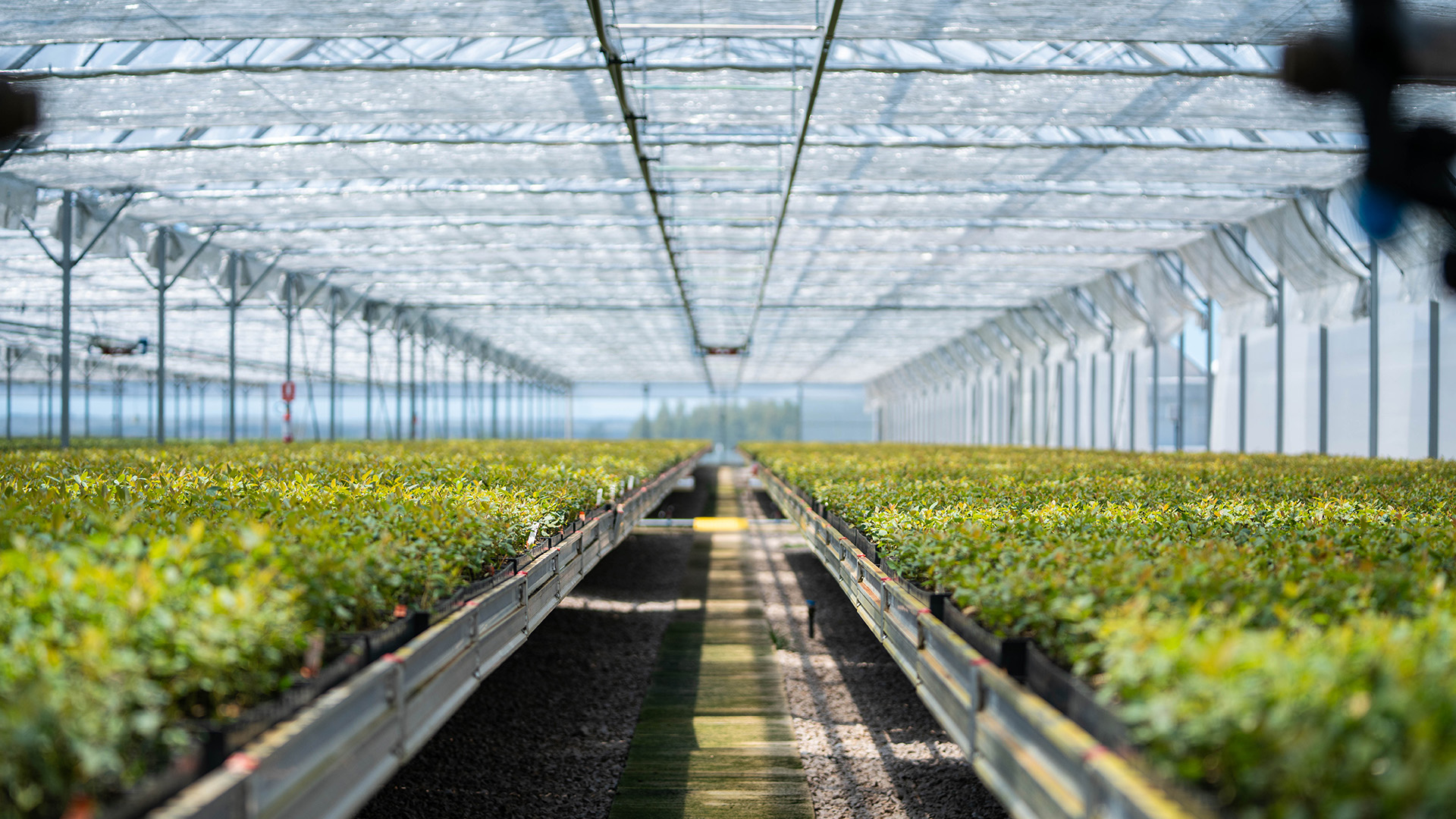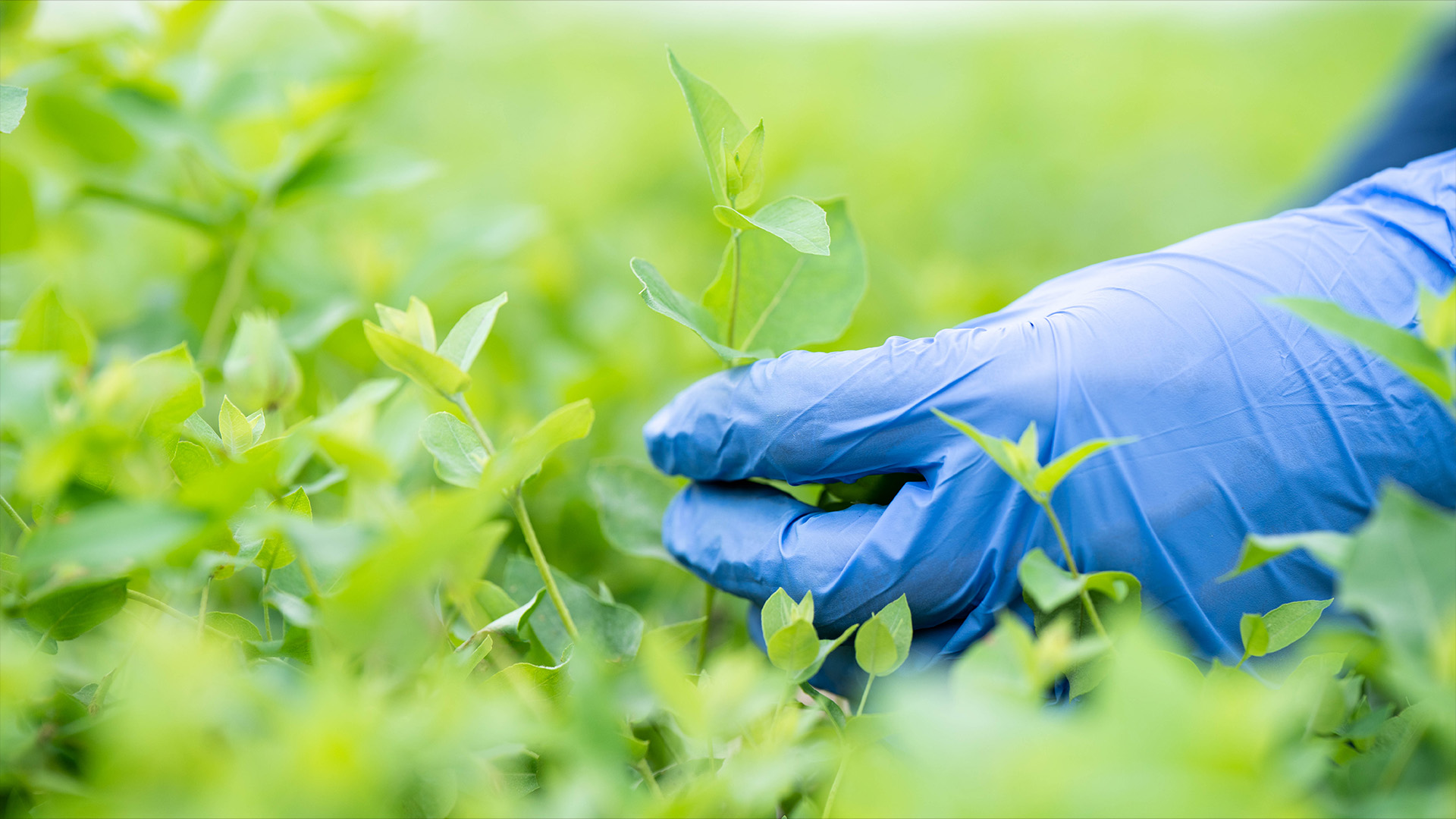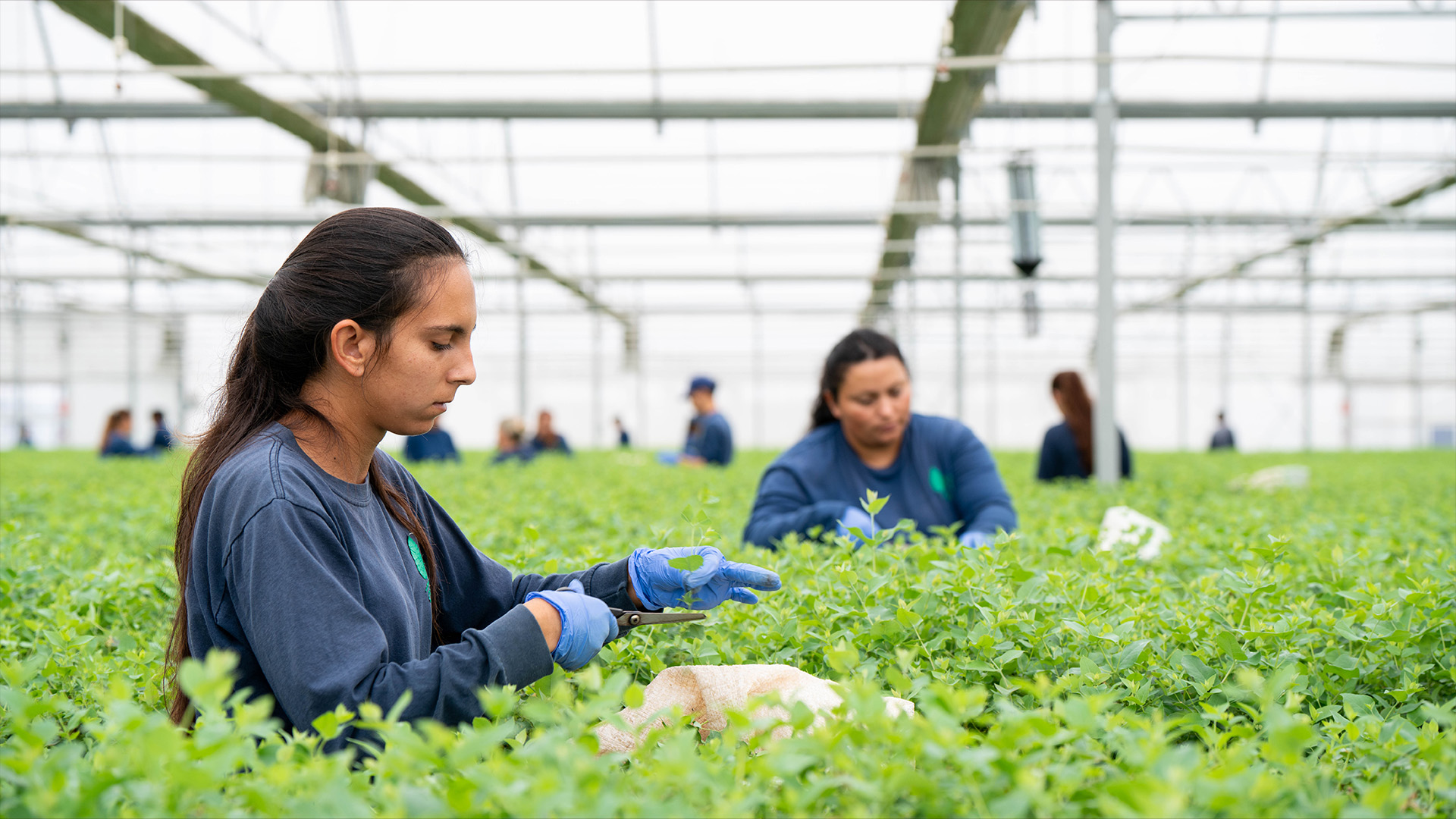Following her dream of becoming an agricultural engineer, Nadia Cardozo is now the head of UPM’s eucalyptus tree nursery in her hometown of Sarandí del Yí in central Uruguay. Her journey towards this current position has not been easy, as being a woman in a male-dominated field she has felt the need to work harder than her male colleagues to prove her professionalism.
Pursuing a dream
As a young girl, Cardozo was always fascinated by nature, plants and animals. Despite not coming from a family of agronomists, she pursued her dream of becoming one and completed her baccalaureate at an agricultural school.
“I always wanted to be an agronomist. I am amazed by nature, the growth of plants and their generation. I also love animals and especially sheep farming has always interested me,” Cardozo says.
Before starting work at UPM’s new nursery in Sarandí del Yí, Cardozo was employed as a regional coordinator in the livestock ministry. For four years she travelled around 100 kilometres each day to the Capital of Durazno to work. Then the news broke that UPM was going to establish a new tree nursery.
“I was tired of travelling every day to Durazno, so UPM’s announcement that it was recruiting agronomists in Sarandí del Yí was a signal that I should apply and an opportunity to work in my hometown,” Cardozo says.
In 2020, during the Covid pandemic, she applied for a supervisory position in the nursery. Cardozo had no experience with trees, afforestation and nurseries, but was eager to challenge herself and learn more. After a couple of interviews, she was offered the position of head of the new nursery.
“I’m proud that UPM trusted me to fulfil this position, but at the same time being responsible for a nursery of 120 employees surely felt like a challenge. It was great, but at the same time terrifying,” she says.

Thorough training
Before starting work at UPM in 2021, Cardozo joined a 10-month induction programme – together with two supervisors for the new nursery – in Paysandú, a city 300 kilometres from Sarandí del Yí, where UPM has its other two nurseries.
“The induction programme was comprehensive: each day we accompanied the people who work in both nurseries in their daily work where they taught us the practical part of working in a nursery. Not only did we learn the operation of the different processes, but they also provided us with the tools to be able to handle different scenarios that could arise – always keeping in mind the importance and significance for UPM of safety and quality in each operating process. We also participated in academic courses taught by the Faculty of Agronomy,” Cardozo says.
After 10 months of training, Cardozo and her two supervisors arrived at the new nursery where the first job was to plant the mother plants for all future seedlings. Work with the mother plants began the following year, at the end of March. Throughout the year different activities were incorporated, such as classification and loosening, and a year after installing the mother plants in greenhouses called “mini gardens”, the first dispatch was ready.

Overcoming gender bias
Originally, after Cardozo graduated as an agronomist, she realised that many positions she wanted to apply for were designated specifically for male candidates. In her experience, as a woman, everything was always slightly more difficult. For example, if she gave someone instructions in the field, people would doubt her and call her co-workers to verify her comments.
“I wasn't taken seriously and had to work doubly hard compared to my male colleagues to prove my professionalism and earn respect. These gender-related issues can become quite exhausting,” she says.
Now, as head of the nursery, Cardozo doesn't have to deal with discrimination. She is responsible for 120 employees, of whom around 75% are women. All UPM’s tree nurseries are located in rural regions and generate job opportunities for women.
“I value the fact that UPM understands the importance of employing local women because having an income allows them to be independent and make the most of all areas of their lives,” Cardozo says.

Positive changes to the community
Today the Sarandí del Yí nursery has a socio-economic impact on the city, on local stores, housing and the quality of life of inhabitants. New services have also been established in the town.
Cardozo recognises the positive impact the nursery has brought to her hometown, not only for the people working at UPM but also for local companies. For example, all the services required by UPM are commissioned from local businesses, which must meet company standards.
“In Sarandí del Yí, as in many places in this area of the country, there is another work culture where it is very common to work seasonally for short periods. For small businesses operating locally, working for UPM allows them to expand and create new opportunities. At the beginning all changes take time, but I think it will be a positive transformation for everyone in the town,” Cardozo says.
Text: Nita Vera
